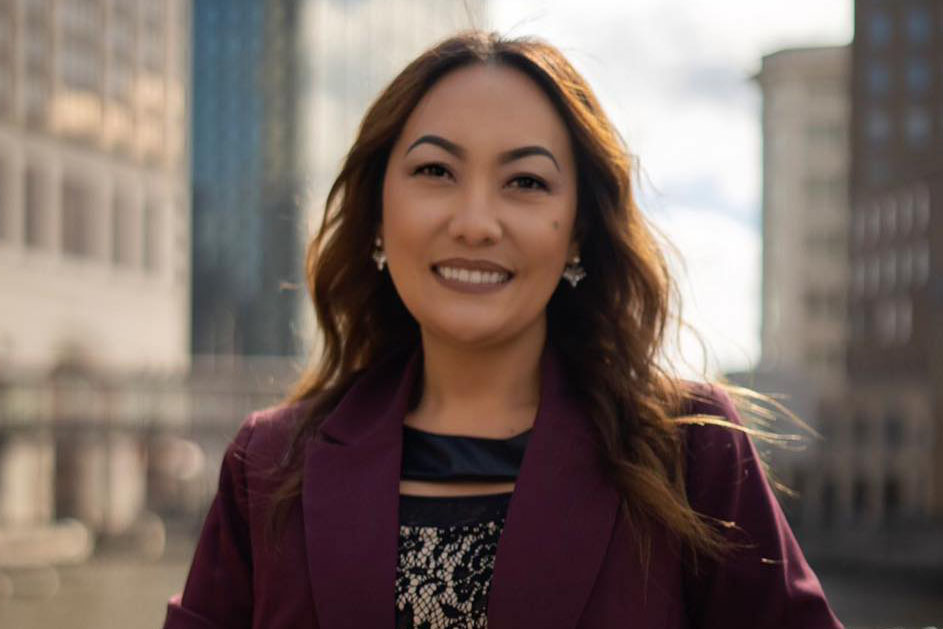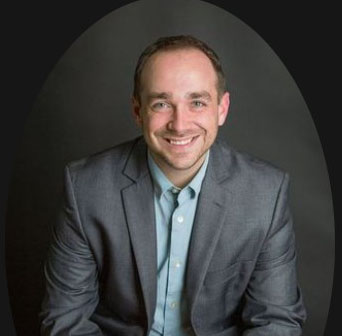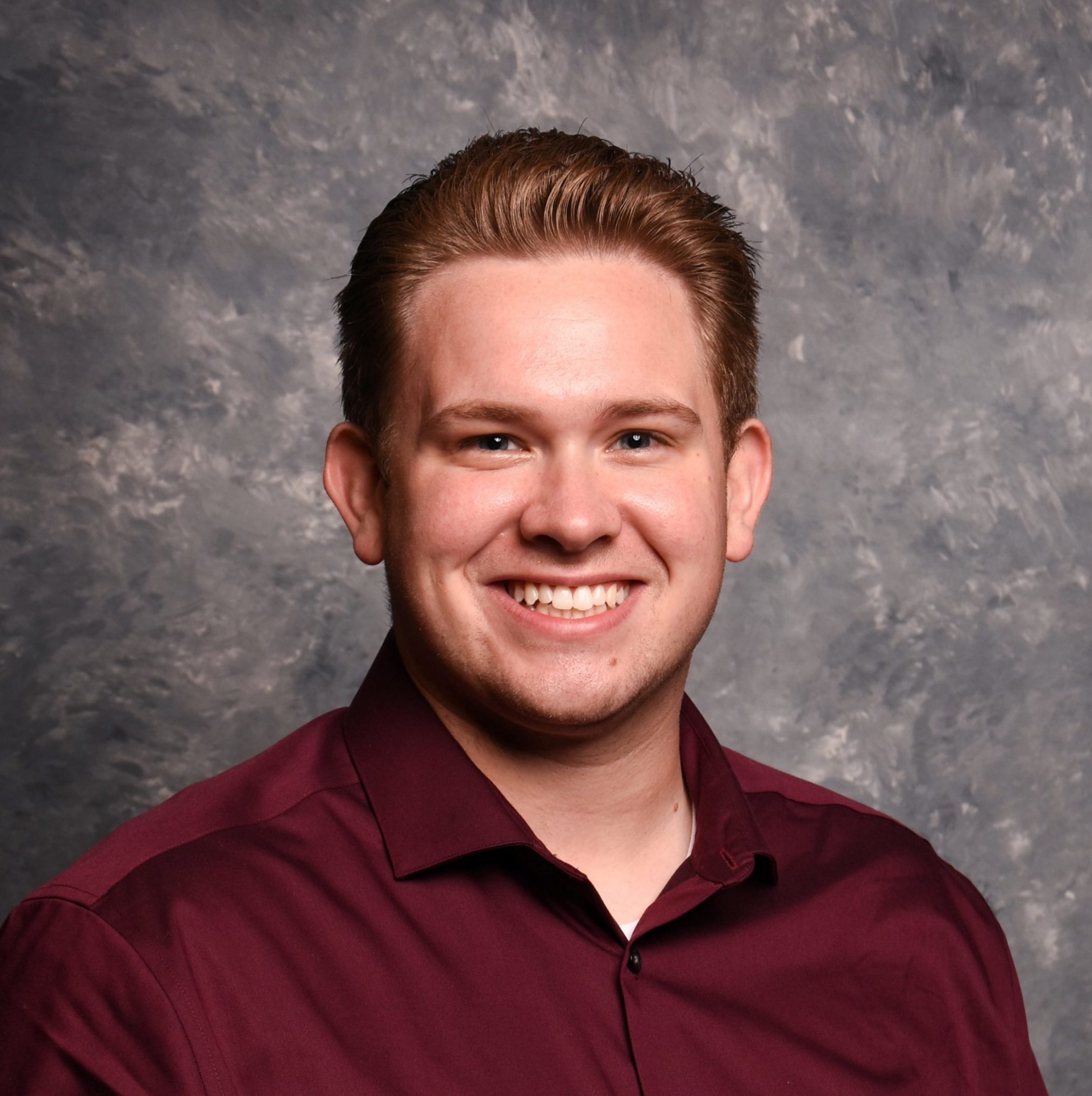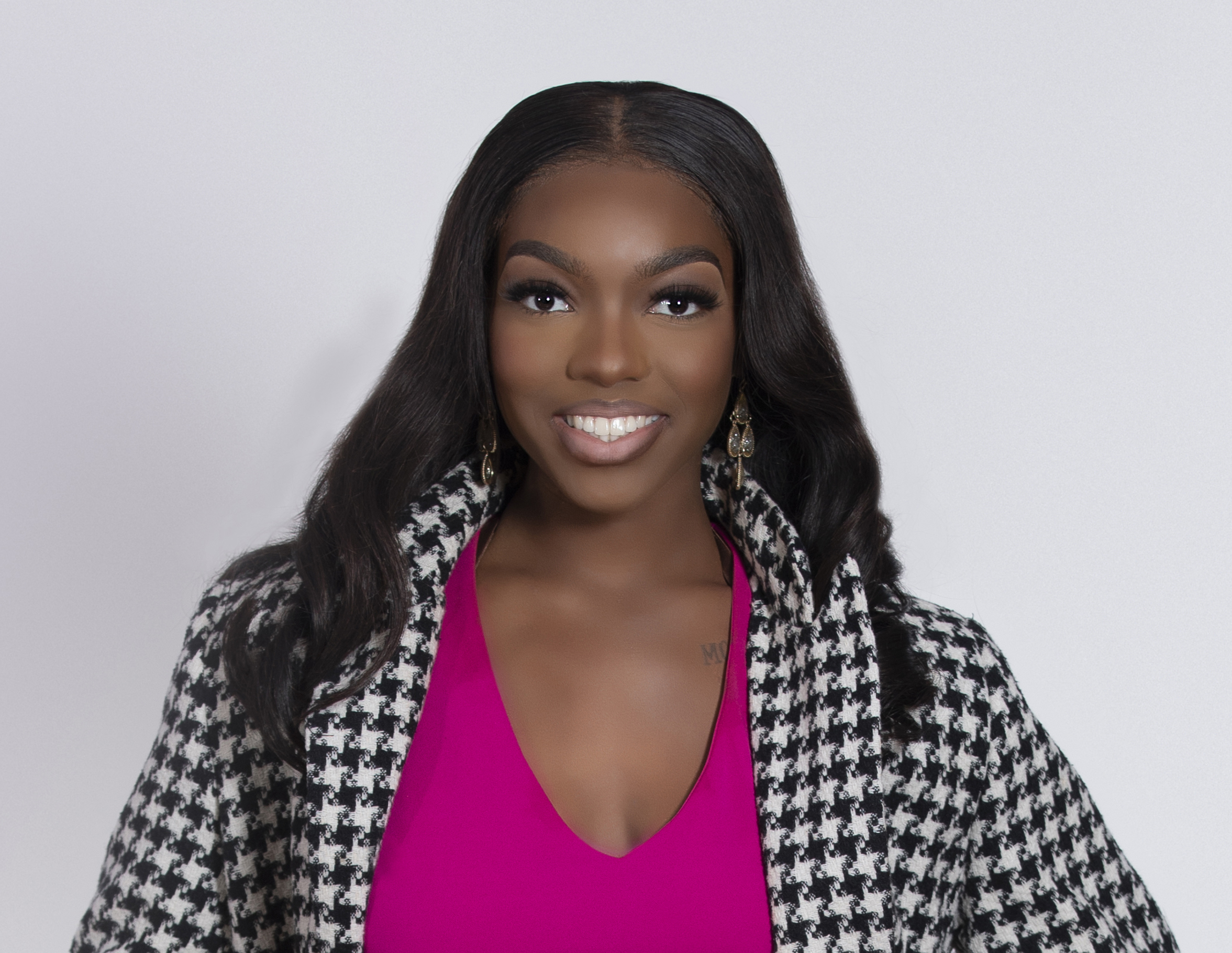Asked & Answered: Looking to make a difference – Matheson ready to see results
By: Ali Teske//May 24, 2022//
Asked & Answered: Looking to make a difference – Matheson ready to see results
By: Ali Teske//May 24, 2022//
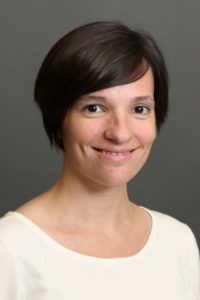 Following her military service, Ellen Matheson was ready to make a difference through a career in the law. She graduated on Sunday from Marquette Law School and will be serving as a law clerk to a judge on the U.S. Court of Appeals for the Seventh Circuit.
Following her military service, Ellen Matheson was ready to make a difference through a career in the law. She graduated on Sunday from Marquette Law School and will be serving as a law clerk to a judge on the U.S. Court of Appeals for the Seventh Circuit.
Matheson received her undergraduate degree from the United States Military Academy at West Point before serving active duty for five years. She spent two separate rotations in Korea and, during that time, read Evicted: Poverty and Profit in the American City by Matthew Desmond. The statistics related to the representation of landlords versus tenants in the court system influenced her decision to go to law school after her service.
During her time at Marquette, she secured a judicial internship with Judge Diane Sykes of the 7th Circuit and a summer clerkship with Foley & Lardner and spent time working with Northwestern Mutual.
Matheson recently sat down with the Wisconsin Law Journal to discuss her law school journey and her hopes for her career.
WLJ: You come from a military background. What made you want to pursue a career in the law?
Ellen Matheson: I was nearing the end of military commitment, which was five years. The five year mark is the first time when I and many of my classmates were considering if we wanted to stay in for a bit longer or what we wanted to do. This was three years ago. When thinking about whether I wanted to stay in or get out, one thing that I had been thinking about for some time was getting into a career field that had more immediately observable impacts on the local community. I think that military service is obviously valuable and needed, but when you’re actually in the military you don’t always get to see the immediate effects of what you’re doing. It’s an abstract sort of mission. I think law is conducive to that sort of thing. You get to work on cases that are resolved in a discrete timespan for the most part, have immediate impacts on people that you know and have formed relationships with. Sometimes the cases are significant for the community as well. I felt that my interest in reading, writing, and policy and those sorts of things would translate well to law, and I would be able to have that sort of feeling that I was doing something more immediately for my community.
WLJ: It is a long-time coming and now you’re going to graduate. What do those emotions feel like to have been thinking about this career during your service and then to complete law school?
EM: I’m really excited about it for a couple of reasons. Obviously, it’s really nice to be done with the hard work of law school and have a little bit of a respite. Because I had a career before law school, I sort of understand that when you’re really young sometimes people commit to careers not knowing what the career is going to be like, and then they get into it and their like “Oh, I made a mistake here” or “This is not the thing I love doing.” So, going into law school I felt like I probably would enjoy the law, but I wasn’t sure. Here we are three years later, the limited legal working experiences I’ve had in law school make me feel like I’ve chosen the right career path. I’m looking forward to being back in the working world.
WLJ: Is there a course or subject matter or professor from your time at Marquette that solidified the choice for you?
EM: My first experience in law school that I really truly enjoyed was my legal writing class in my first semester with Professor Lisa Mazzie. She just taught the course really well which I think is quite a feat considering you have, at any law school setting in this first semester, kids coming in with all sort of backgrounds and prior undergraduate educational and working experience. To be able to effectively impart basic writing principles to a room full of people with so many different backgrounds and levels of experience with writing I think is a very hard thing to do. Over the course of the next few years as I was doing more and more legal writing, I would harken back to the basic principles from that class from Professor Mazzie. I always felt like I always had a good, solid foundation in terms of legal writing skills that I picked up in that first semester.
WLJ: You obviously made those connections early which is important with any higher education experience, especially going into a high stake profession like the law. What advice would you give aspiring law students or maybe those in the military considering career in the law?
EM: One piece of advice that I would give to anybody considering going to law school is to just emphasize that to be a lawyer is to be part of a profession. It doesn’t strike me as something that is just a job. It’s something that if you want to do it well and do it seriously, you have to dedicate your life to doing it. This is something that we talked about often in the military as well. The fact that it is a profession, the decision to go to law school you just have to make that decision more seriously than other decisions in your life about whether to take this kind of job or this undergraduate school. Making the decision to go to law school is a huge commitment and one that you should undertake with the intention of making the law your profession, hopefully being dedicated to doing it really well.
WLJ: Everyone defines success differently, but in your eyes, what would a successful career in the law look like for you down the line?
EM: I think that if 5-10 years down the line, you know I’ll be a litigator, I want to be the type of lawyer who people want on their team. If an important case is coming along or some necessary work needs to be done and it’s like “who do we want to put on this job so it’s done well” I want to be one of those types of people who is a go-to because I’m good at my work and care about it. This might sound like a vague answer, but I think it captures the essence of what a good attorney does. The more important part is 5-10 years from now I want to be a good lawyer, but I also want to be very involved, still, in having a good balance with my family life. I would like to be doing good work, be regarded someone as who does good work and I would also like to be maintaining the family balance that is just really important in life.
Legal News
- FTC bans non-competes
- Gov. Evers seeks applicants for Dane County Circuit Court
- Milwaukee man charged in dismemberment death pleads not guilty
- Democratic-led states lead ban on the book ban
- UW Madison Professor: America’s child care crisis is holding back moms without college degrees
- History made in Trump New York trial opening statements
- Prosecutor won’t bring charges against Wisconsin lawmaker over fundraising scheme
- Republican Wisconsin Senate candidate says he doesn’t oppose elderly people voting
- Vice President Harris to reveal final rules mandating minimum standards for nursing home staffing
- Election workers fear threats to their safety as November nears
- Former law enforcement praise state’s response brief in Steven Avery case
- Eric Toney announces re-election bid for Fond du Lac County District Attorney
WLJ People
- Power 30 Personal Injury Attorneys – Russell Nicolet
- Power 30 Personal Injury Attorneys – Benjamin Nicolet
- Power 30 Personal Injury Attorneys – Dustin T. Woehl
- Power 30 Personal Injury Attorneys – Katherine Metzger
- Power 30 Personal Injury Attorneys – Joseph Ryan
- Power 30 Personal Injury Attorneys – James M. Ryan
- Power 30 Personal Injury Attorneys – Dana Wachs
- Power 30 Personal Injury Attorneys – Mark L. Thomsen
- Power 30 Personal Injury Attorneys – Matthew Lein
- Power 30 Personal Injury Attorneys – Jeffrey A. Pitman
- Power 30 Personal Injury Attorneys – William Pemberton
- Power 30 Personal Injury Attorneys – Howard S. Sicula






